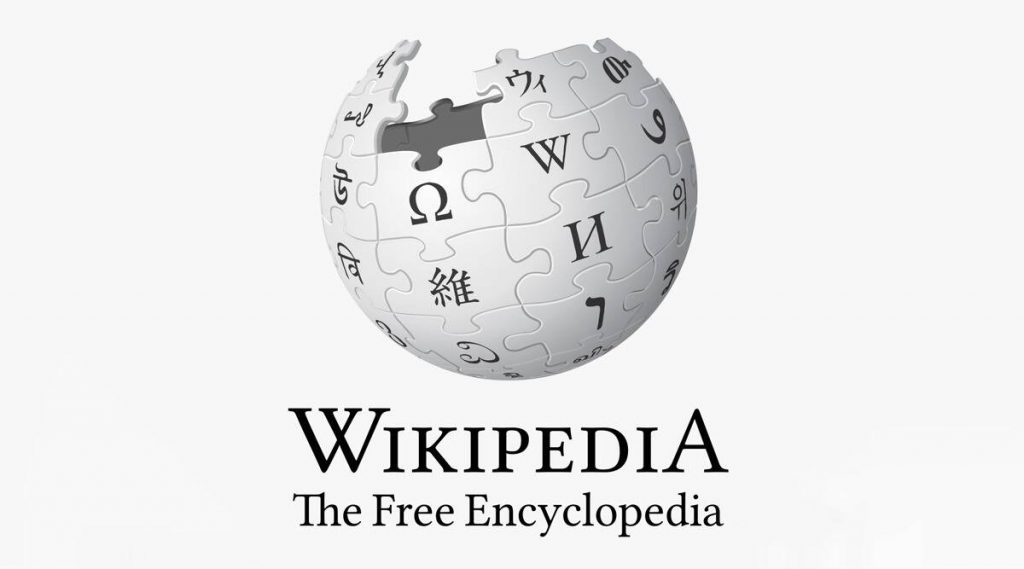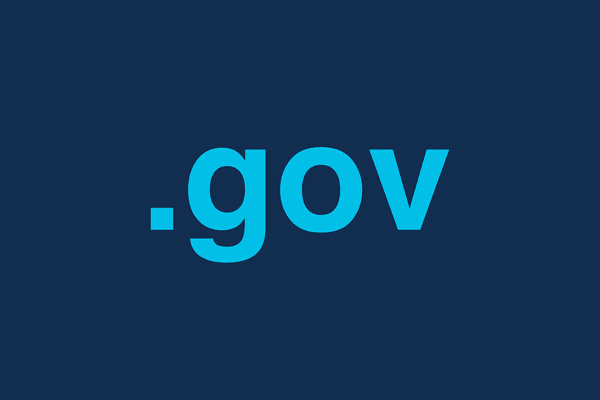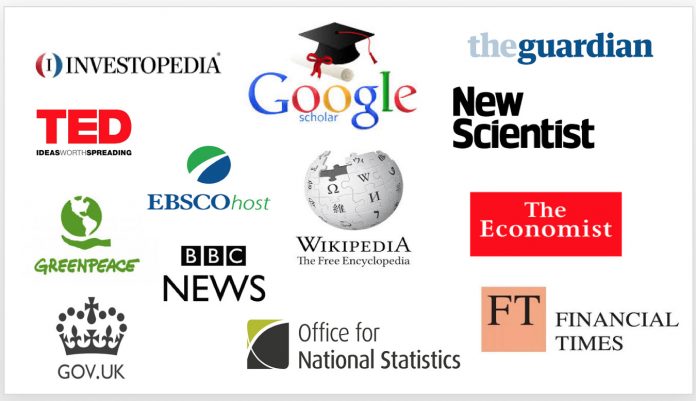The main secret to any research paper is having good, credible sources. Why is this so important? Because if your sources are unreliable then it can take away all of the credibility of your argument. You could make the best points on the planet and have an incredible paper, but once you ruin that credibility, it’s near impossible to get back.
So, let’s examine what are bad sources and good sources and where to find the good ones.
Some bad sources include:
–Wikipedia. No matter how much you try and argue, your teacher will not believe the fact that Wikipedia is a legitimate source. There are a lot of teachers that truly don’t understand what Wikipedia is, but all they know is that it’s bad, so don’t even think twice about putting it at the bottom where your sources are. But it is okay to look at information on Wikipedia and look at the sources on the bottom and go to those various sources to check the credibility of those sources instead.

–Bloggers. Basically anyone can start a blog or website today and put any kind of information they want on there. You don’t know whether their information has been proven or not.
–Any “news” websites that no one has ever heard of. See above for reason why. It’s not hard to build a website that looks semi credible. Watch out. Sometimes there are funny fake news sites out there that are meant to be a joke but some people slip and think they’re serious.
Advertisement
Keep an eye out for:
–Any websites ending in .org. It used to be that only non profit organizations could have .org websites, but that is simply no longer true. Just because something is a .org doesn’t mean it’s absolutely credible.

Some good sources include:
–Any sites ending in .gov.
-Most credible news sources that people have heard of. Think your local nightly news stations (for you Denver locals, 9News, CBS Denver, and so on) , the New York Times, CNN, etc.
–Almost any source that your local librarian helps you find. You probably aren’t even aware of how beneficial your librarians are to your paper writing. Go check out your library on campus and just ask for help or schedule an appointment.
–Published scholarly journals. These have to be heavily critiqued by professionals in the author’s field before they can be published. Use them!
Anyone out there have any other tips for determining the credibility of a source for a paper?


















